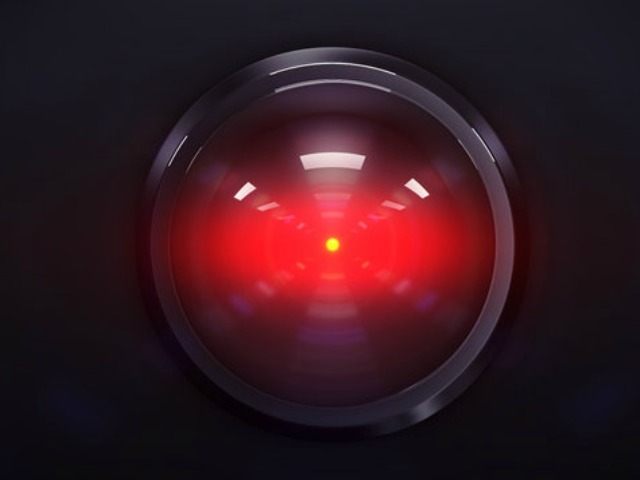Google Researchers: 'Democratic AI' Would Be Better at Governing America than Humans
Researchers at Google’s DeepMind AI division reportedly ran a number of experiments where a deep neural network was ordered to distribute resources in a more equitable way that humans preferred.

The researchers claim their data shows that AI would do a better job governing America than humans. Vice reports that AI researchers at Google recently posed a new question — could machine learning be better equipped than humans to create a society that equally divides resources in a more fair and equal way? According to a recent paper published in Nature by researchers at Google’s DeepMind, the answer may be yes — as least as far as the study’s participants were concerned. Sundar Pichai CEO of Google ( Carsten Koall /Getty) Sabo mocks Google CEO Sundar Pichai (unsavoryagents.com) The paper describes a number of experiments where a deep neural network was told to divide resources in a more equitable way that humans preferred.
The humans in the study took part in an online economic game called a “public goods game.” In the game, players would choose whether to keep a monetary endowment or contribute a chosen amount of coins into a collective fund at the end of each round.
The money in the collective funds would be returned to the players under three different redistribution schemes based on different human economic systems and one additional scheme created by the AI called the “Human Centered Redistribution Mechanism” (HCRM).
The human participants then voted on which system they preferred best. At the end of the study, the distribution scheme created by the AI was the one that the majority of participants preferred. Strictly libertarian and egalitarian systems split the returns based on things such as how much each plater contributed, but the AI system redistributed wealth based on the advantages and disadvantages that players had at the start of the game, and ultimately was the preferred method. “Pursuing a broadly liberal egalitarian policy, [HCRM] sought to reduce pre-existing income disparities by compensating players in proportion to their contribution relative to endowment,” the paper’s authors wrote. “In other words, rather than simply maximizing efficiency, the mechanism was progressive: it promoted enfranchisement of those who began the game at a wealth disadvantage, at the expense of those with higher initial endowment.” Read more at Vice here. Lucas Nolan is a reporter for Breitbart News covering issues of free speech and online censorship. Follow him on Twitter @LucasNolan or contact via secure email at the address lucasnolan@protonmail.com.
Read the full article at the original website
References:
